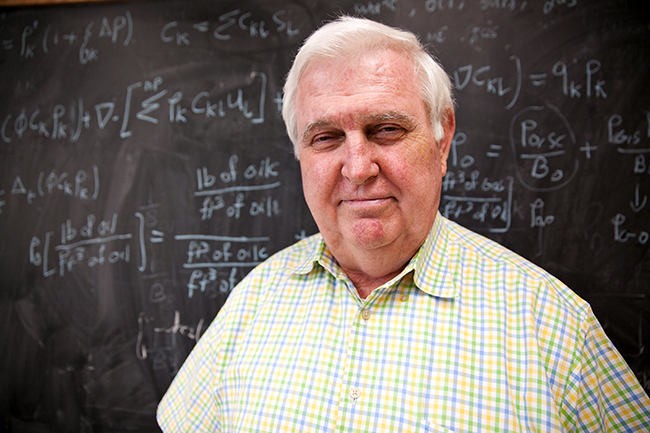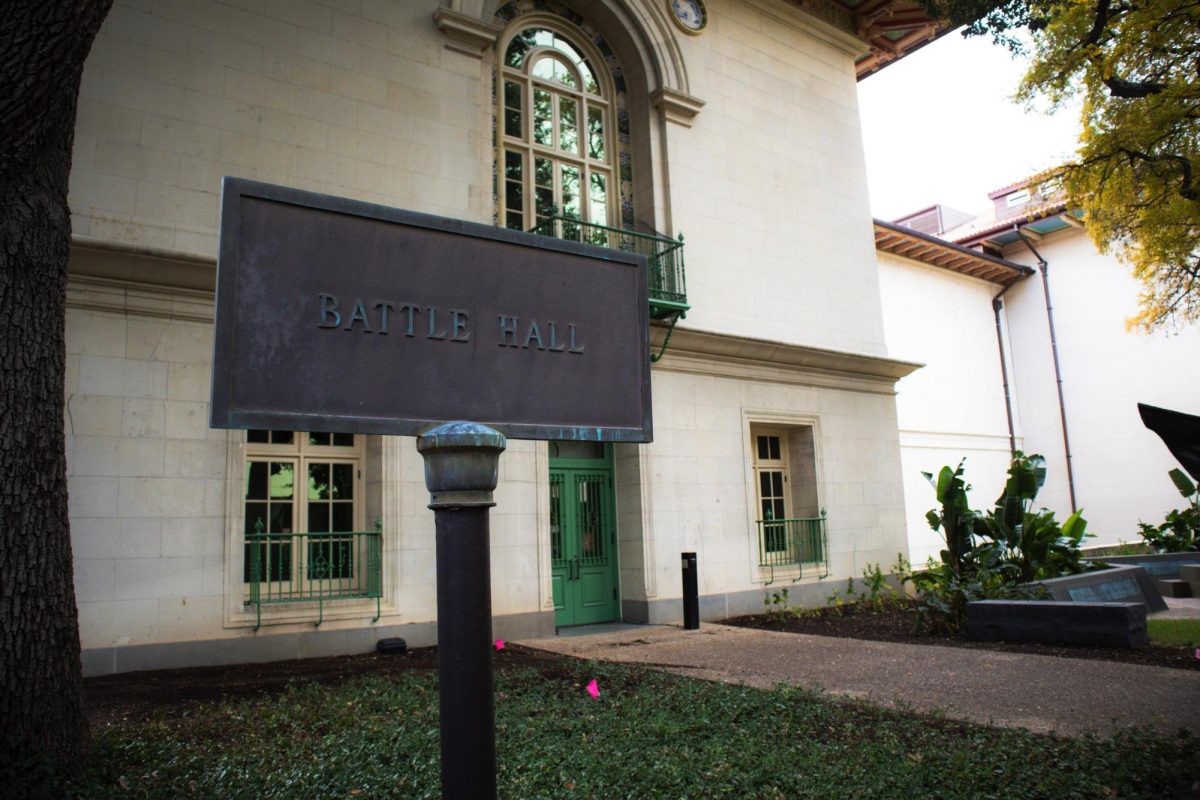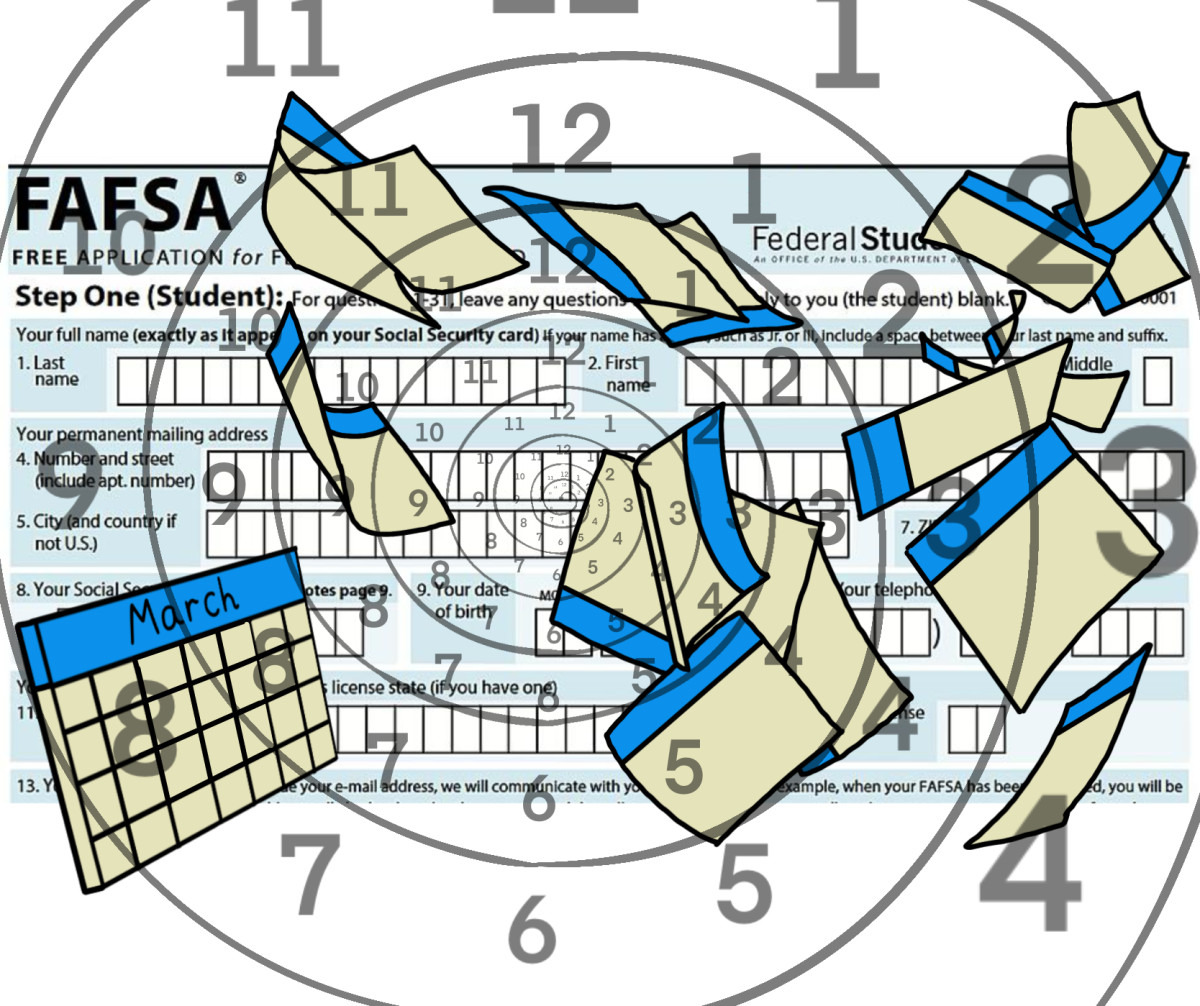The University’s Center for Frontiers of Subsurface Energy Security, led by engineering professor Larry W. Lake, received a $12 million grant from the U.S. Department of Energy, also known as the DOE, to continue researching carbon storage challenges aimed at reducing greenhouse gas emissions.
The four-year grant is a continuation of a five-year, $15.5 million grant awarded by the DOE in 2009. Although 31 other Energy Frontier Research Centers across the nation received grants, UT is the only university in Texas to have been awarded one.
“This $12 million grant from the U.S. Energy Department supports the University of Texas at Austin’s valuable contributions towards creating next generation carbon capture technology, which will help reduce harmful greenhouse gas emissions from our atmosphere and place the United States on a path towards a cleaner energy future,” said DOE spokeswoman Namrata Kolachalam. “The work done by the University’s Center for Frontiers of Subsurface Energy Security will accelerate the scientific breakthroughs we need to reduce carbon emissions and strengthen our energy futures by using fossil resources in the most responsible and efficient way possible.”
According to the Environmental Protection Agency, greenhouse gas problems stem from having high levels of certain trace gases in the atmosphere. Of the many gases contributing to this problem, the most prominent is carbon dioxide, which is emitted through human activities, primarily through the combustion of fossil fuels.
“Carbon storage is one the primary approaches being sought to address growing CO2 emissions in the atmosphere, and, if pursued, CO2 must be stored in such a way that is efficient, safe and economically viable,” said Matthew Balhoff, associate professor of the Department of Petroleum and Geosystems Engineering.
Balhoff, who is part of the multidisciplinary research team of 20 faculty members, said the grant provides a huge opportunity for professionals from many areas to work together.
“It will be a synergistic effort among many departments at UT and Sandia National Laboratory that brings together expertise in petroleum engineering, geology, geophysics and computational science,” said Balhoff.
Lake, who holds the Shahid and Sharon Ullah Endowed Chair in Petroleum and Geosystems Engineering, said the grant will also aid in the development of carbon storage technology at the University.
“The grant is important in that it continues a multi-year effort on developing smart technologies for underground carbon storage at the University of Texas at Austin,” Lake said.
Both the researchers and the DOE expect the research to directly impact the development of future carbon storage projects.
“The anticipated results are discovering practical and efficient methods to store carbon dioxide in the subsurface,” Lake said.




















